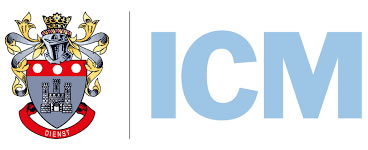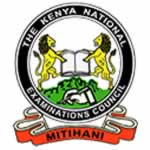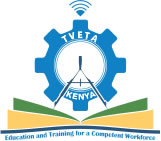Entry Requirements for Certificate In Kamba Culture
Anyone interested in learning more about the African Culture and the ways of the community.
Duration: 1 Months
Delivery Method: Both Online & Physical
Fee Structure for Certificate In Kamba Culture
Course Fee Breakdown
Trimester 1
|
Other Mandatory Course Requirements for Certificate In Kamba Culture
Course Units/Overview for Certificate In Kamba Culture
| ||||
Course Description for Certificate In Kamba Culture
Surprisingly, Uwezo College happens to be the only higher learning institution in the entire country that offers Kamba Culture as a profficiency course. On top of that, we have developed a very comprehensive curriculum to include life skills into the course. This therefore means that the learners will not only learn about the cultural practices of the Kamba Community but also learn about very important morals and values that will help them appreciate the cultural practices of the traditional Kamba people in a positive way.
This course doesn't promote tribal ethnicity, encourage cultural negativity or even encourage learners to track back into practising what was of the olden days but rather lets the young and those willing to pursue the course appreciate certain values in the Kamba Community and even draw important aspect from it.
CONTENTS:
- Kamba Origins
- Mythology
- Geographical Settlement and Migration
- Kamba People outside Kenya
- Kamba Language
- Basic grammar
- Greetings: Meaning and Functions including their role as indicators of inter-personal relationships
- Language diversity including dialects
- Decorum
- Kamba clans
- Common clans and their peculiar attributes
- Role of clans including social functions
- Common foods and Drinks
- Common meals and their preparations
- Alcoholic and non-alcoholic drinks
- Kamba recreational activities
- Games and play activities for children
- Sports activities for the youth
- Kamba Songs
- Oral literature: folk songs storytelling, riddles and proverbs
- Communal eating and drinking as leisure
- Health, Wellbeing and Social welfare
- Children’s illnesses and treatment
- Common diseases/illneses from birth to one year
- Traditional medicine and the role of the herbalist
- Superstitions (Witch craft and witches)
- Epidemics and natural calamities (famine and disease outbreaks)
- Social welfare – supporting each other
- Kamba attire and accessories
- Dressing for children
- Dressing for the youth
- Dressing for Adults
- Accessories
- Ceremonial attire and accessories
- Favorite colors
- Kamba Economic Activities
- Farming – types of crops and farming methods
- Pastoralism – types of animals kept and characteristics of husbandry
- Trade – intra-Kamba and external trade
- Property ownership at the personal, family, clan and community levels
- Kamba social and governance structures
- Family level
- Village organization
- Clans system
- Dispute resolution mechanisms
- Defense
- Fighting tools and implements
- Self-defense
- Defense of the family
- Defense of the community
- Colonial Era
- Religious beliefs
- Spirits and ancestors
- Worship activities
- Priest/diviner and his roles
- Prophets and seers
- Curses
- Traditional practices and ceremonies
From birth to 7 years:
- Naming conventions
- Informal education
From 7 to 15 years:
- Initiation rites for boys and Girls
- Religious rituals
- Pass time activities
- Societal roles and economic activities
- Marriage and family
- Function of marriage
- Courtship
- The process of marrying
- Types of marriages
- Polygamy
- Religious rituals associated with marriage
- Raising children
- Dealing with childlessness (barren/impotent)
- Gender roles in marriage
- Dispute resolution in marriage
- Divorce
- Religious rituals associated with marriage
- Societal roles and economic activities
- Becoming an elder (from 45 to 70 years)
- Stages towards becoming an elder
- Religious rituals associated with becoming an elder
- Pass time and recreation activities for elders
- Societal roles and economic activities of elders
- Death and burial/body disposal
- Meaning of Death
- Mourning
- Life Expectancy
- Causes of death (natural, witchcraft, curses)
- Burial rites (Children, young people, elders; male, female)
- Burial locations
- Time of burial
- Beliefs about live after death
- Rituals after funeral
Course Instructor(s) for Certificate In Kamba Culture
TBA
Examining Body for Certificate In Kamba Culture
UWEZO COLLEGE
FAQs for Certificate In Kamba Culture
Course Reviews for Certificate In Kamba Culture
Top Rated Reviews
No course reviews are available at the moment. Reviews are only submitted by students persuing the course. Reviews are subject to our terms and conditions.






